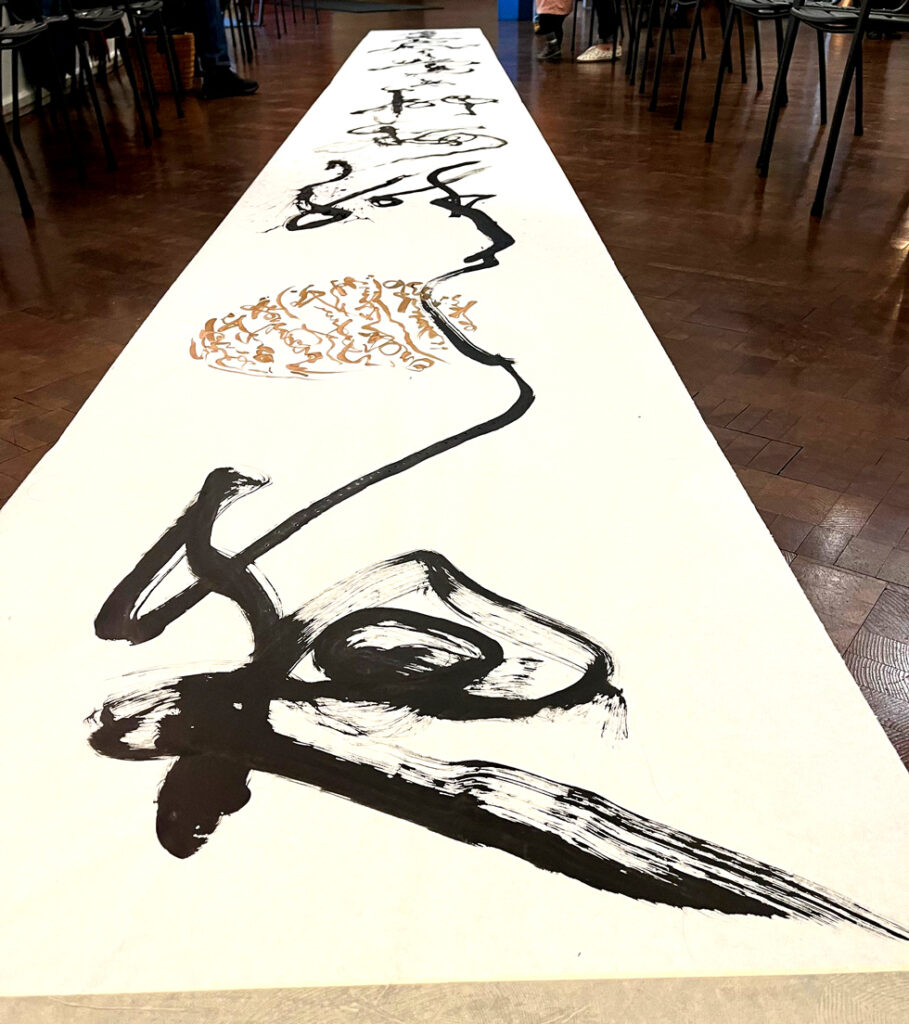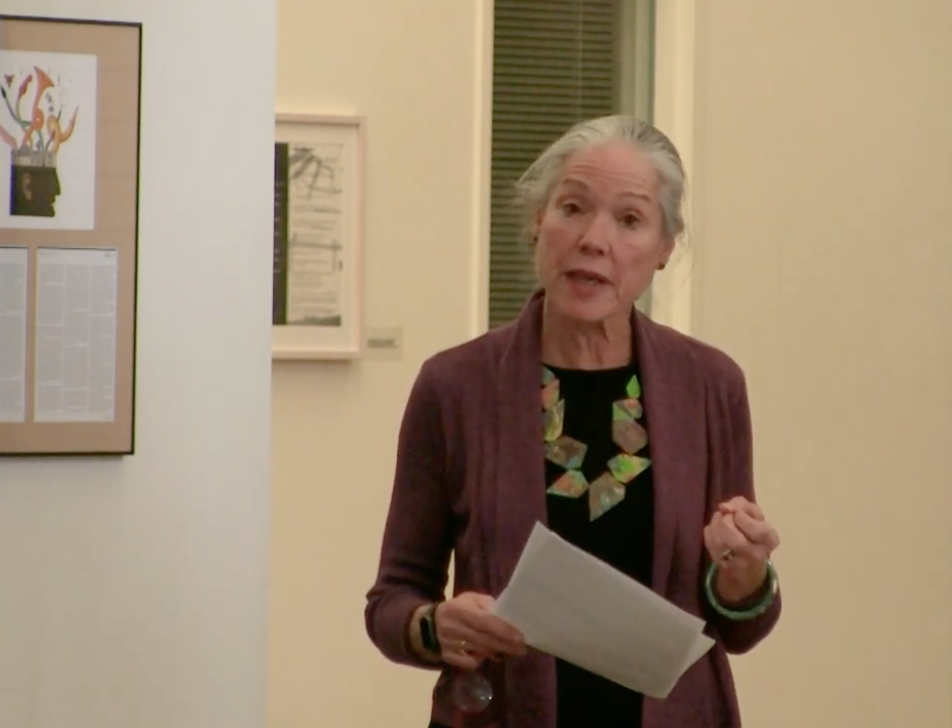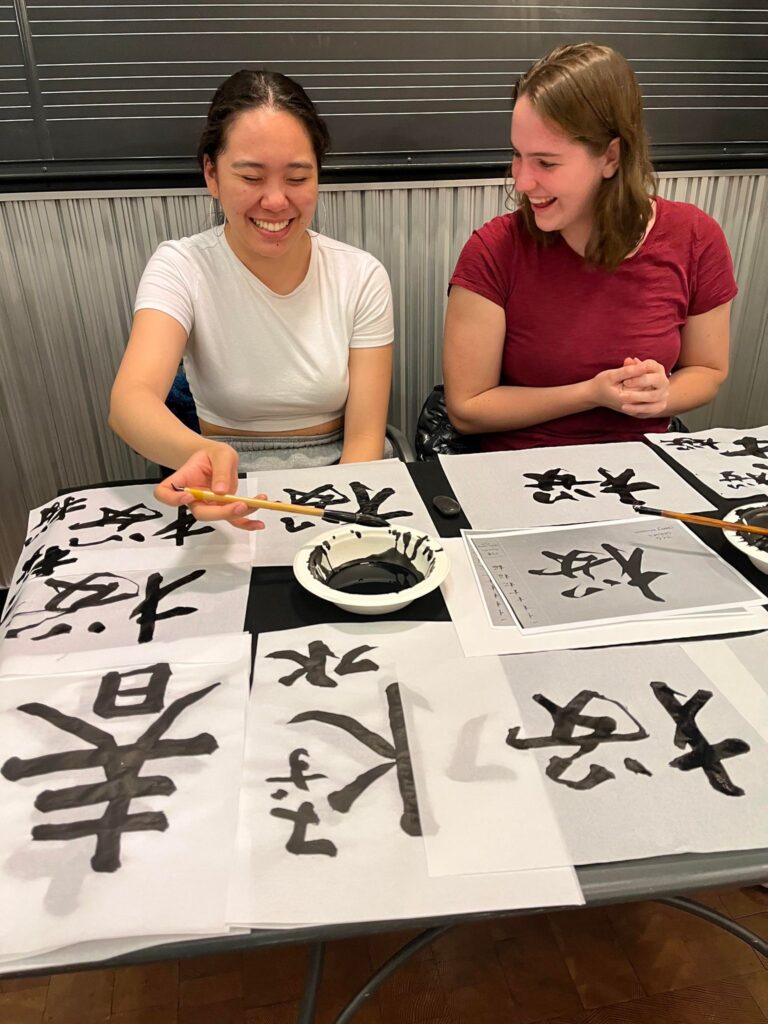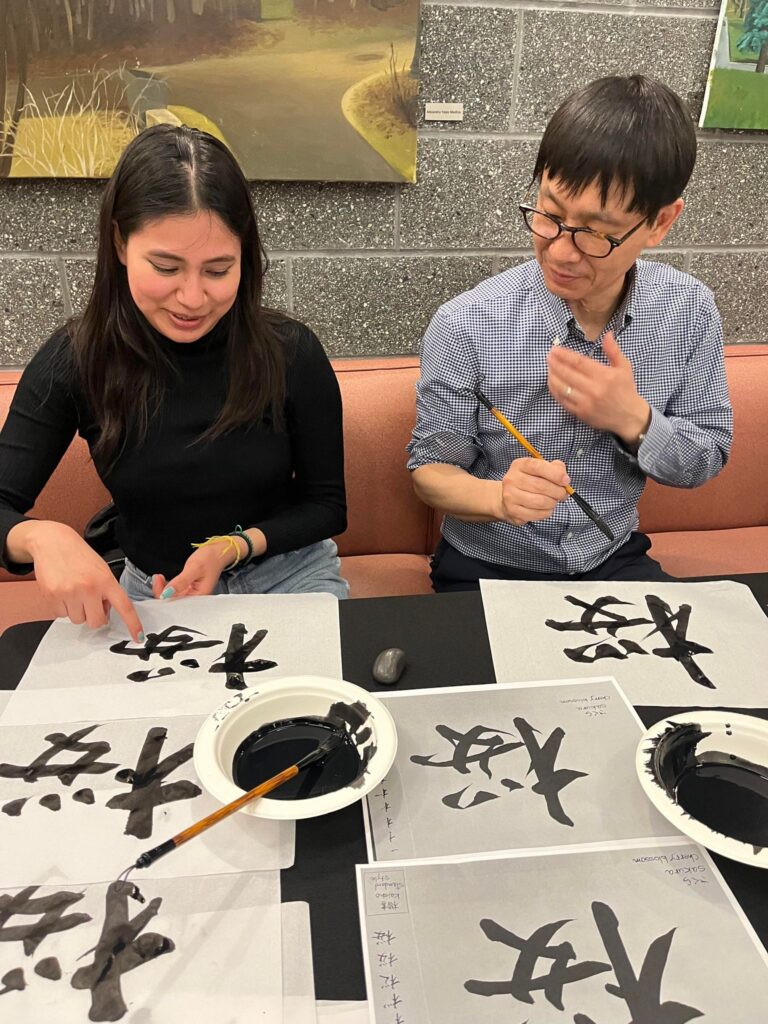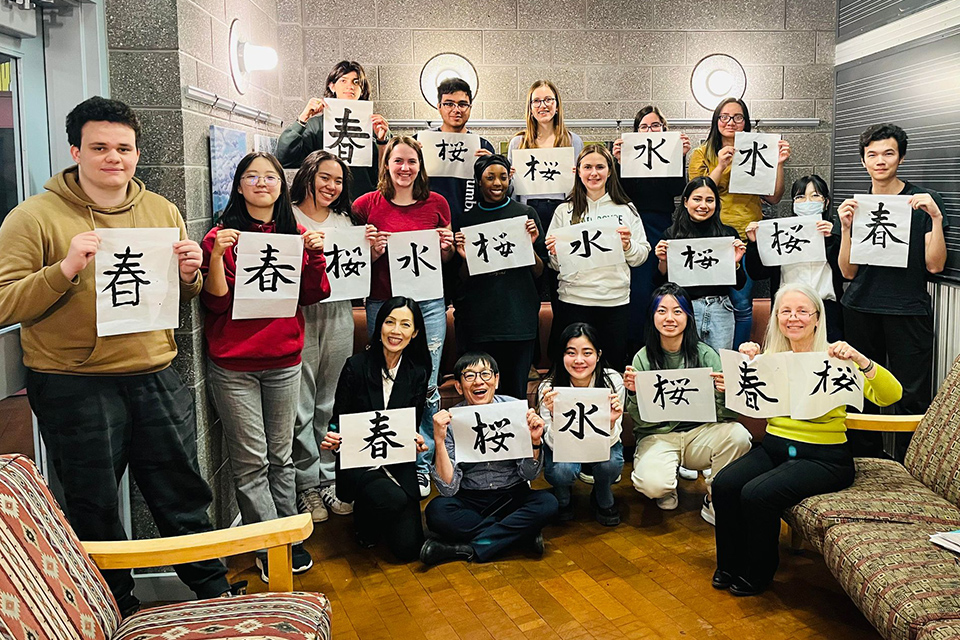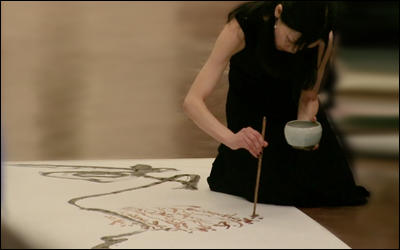
Oborozuki
— 朧月夜 [おぼろづきよ (oborodzukiyo)] “Spring night with a hazy moon”
The vertical writing is various words, denoting Spring and the circular area of writing in gold evokes the moon and contains two poems from 百人一首 [ひゃくにんいっしゅ (Hyakunin’isshu)] #33. #96. The translation is noted below.
1) 春光 [しゅんこう (Shunkou)] Spring sunlight
2) 東風 [こち (Kochi)] Spring wind
3) 鶯 [うぐいす (Uguisu)] Japanese bush warbler
4) 青柳 [あおやぎ (Aoyagi)] Green willow
5) 桜 [さくら (Sakura)] Cherry blossom
6) 朧月夜 [おぼろづきよ (Oborodzukiyo)] Spring night with a hazy moon
7) Moon part
From 百人一首 [ひゃくにんいっしゅ (hyakunin’isshu)] #33. #96
#33. 久方の 光のどけき 春の日に しづ心なく 花の散るらむ / 紀友則
#33. Hisakata no Hikari nodokeki Haru no hi ni Shizukokoro naku Hana no chiru ramu / Ki no Tomonori / Genre: spring
* comparison
I’m wondering why cherry blossoms are going to fall in a flurry on such a day with sunlight calm and mild.
#96. 花さそふ 嵐の庭の 雪ならで ふりゆくものは 我が身なりけり / 入道前大政大臣
#96. Hana sasou Arashi no niwa no Yuki nara de Furi-yuku mono wa Wa ga mi nari keri / Nyudo Saki no Daijodaijin / Genre: others
* pun: furiyuku = “fall” and “get old”
* comparison: “yuki” – “wa ga mi”
It is myself, not the cherry blossoms falling like snowing in the garden where the wild wind is scattering them, that is getting older.
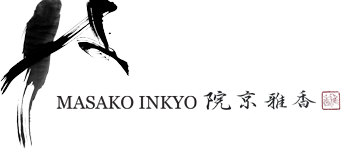
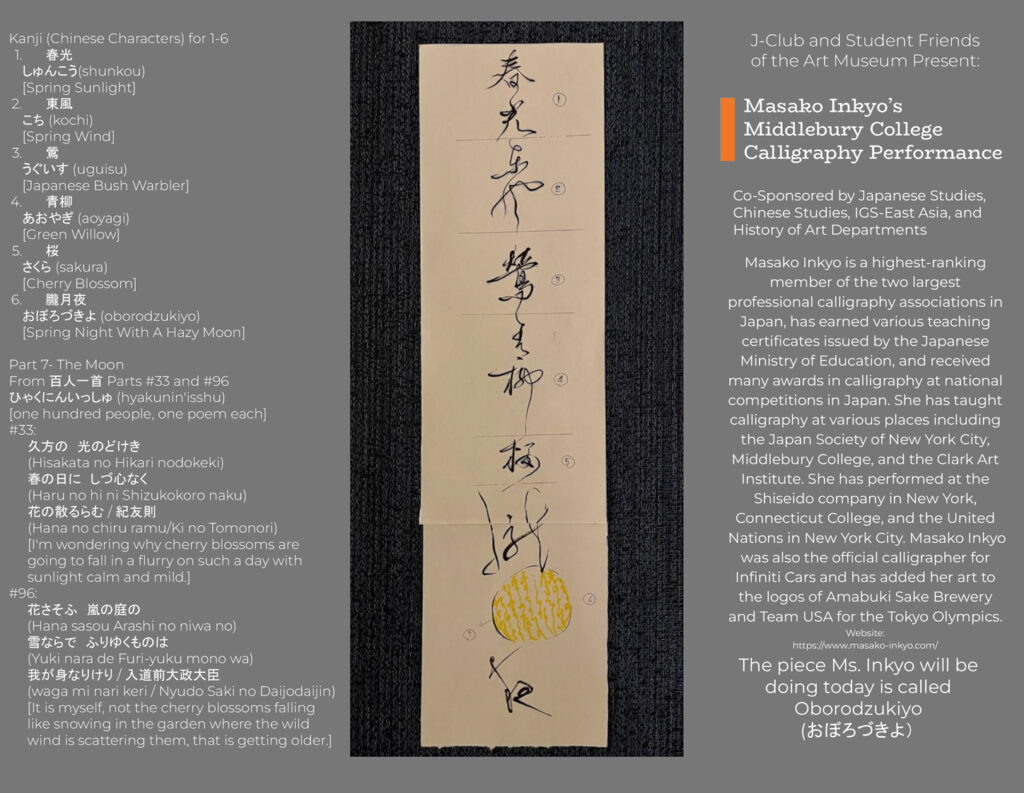
![朧月夜 [おぼろづきよ (oborodzukiyo)]](http://img.youtube.com/vi/euLfg2K4ssc/mqdefault.jpg)
